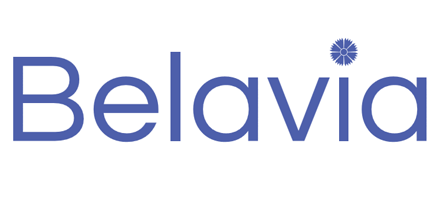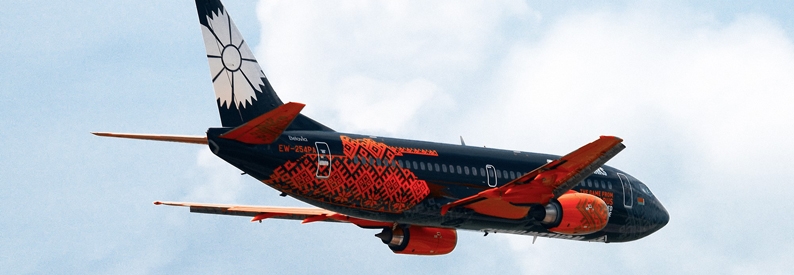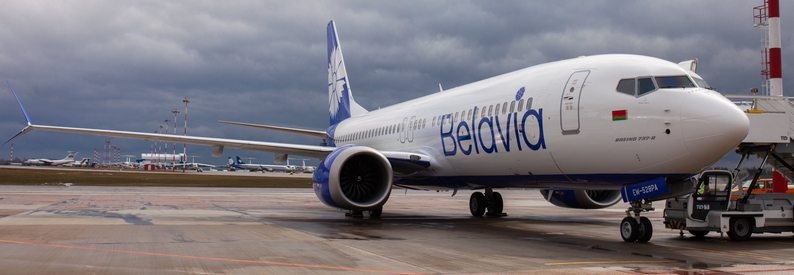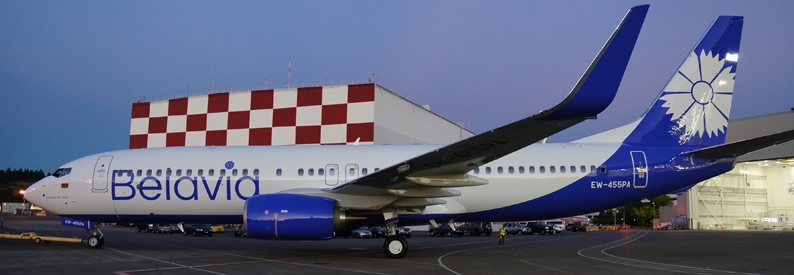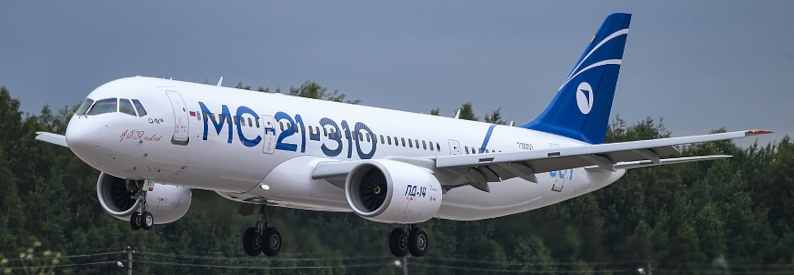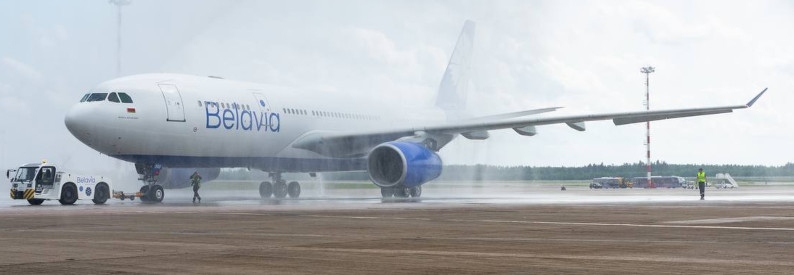The European Commission has outlined a new legal framework that would allow for the sanctioning of transport companies, including airlines, that engage in the "smuggling or trafficking of people into the European Union", EC President Ursula von der Leyen said during a European Parliament plenary in Strasbourg.
"Attempts to destabilise the EU by instrumentalising people will not work. The EU is united and taking various actions to resolve the situation at the EU's external borders with Belarus. Today, we are presenting a new proposal to blacklist transport operators involved in smuggling or trafficking of people into the EU," von der Leyen said.
The Commission has proposed various sanctions, starting with restrictions on an offending carrier's EU traffic rights, through the revocation of licences and certificates, the prohibition of refuelling or maintenance at EU airports, up to a total ban on flights to or over the EU. Von der Leyen stressed that any steps would be taken in coordination with third-state partners, such as the United States, the United Kingdom, and Canada.
"The strong and immediate cooperation we witnessed from the global aviation community in the past weeks shows it is essential to involve transport operators closely in preventing and combatting this new form of hybrid threat. Our new proposal on measures to target transport operators that facilitate or engage in smuggling will give us a powerful tool to take action where operators seek to benefit from the exploitation of people," EU Commissioner for Transport Adina Vălean added.
The Commission has acted in response to the Council of the European Union, a body grouping ministers of EU member states, which resolved on November 15 to sanction all carriers found to have been involved in migrant smuggling. The Council does not have direct legislative power but has to accept all proposals put forward by the Commission.
Charles Michel, the President of the European Council (a body grouping heads of states and governments of EU member states), stressed that the blacklist of operators said to be involved in people smuggling would be drawn "imminently". He singled out Belavia (B2, Minsk National) as most likely to be affected and stressed that the sanctions would prohibit the the state-owned Belarusian airline from leasing aircraft from EU companies.
"We will not allow the Belarus regime to intimidate us and to undermine our values and our unity. The majority of the fleet of Belavia is aircraft leased from EU companies, this will be halted when the decision is taken, which is imminent," Michel said.
As previously reported, Belavia leases most of its aircraft from EU firms and would be severely affected by any such measures.
The proposal is a part of a three-pronged strategy, which also comprises intensified diplomatic efforts, and financial and operational support to EU member states located on the bloc's eastern frontier (currently Lithuania and Latvia, as the EU's relations with Poland are strained). The bloc will also engage migrant source countries to ramp up pressure. Commission Vice-President Margaritis Schinas recently visited the United Arab Emirates, Lebanon, Turkey, and will soon head to Uzbekistan, while Home Affairs Commissioner Ylva Johansson has visited Egypt.
The European Union has accused Belarus President Alexander Lukashenko of orchestrating a smuggling racket by issuing thousands of visas to migrants from various, mostly Arab, countries and bringing them via Minsk National to the Polish, Lithuanian, and Latvian borders. In response to EU pressure, Turkey and the United Arab Emirates have already banned the carriage of Iraqi, Syria, Afghan, and Yemeni nationals going to Belarus from any airports in their territories. The move has affected Belavia, Turkish Airlines (TK, Istanbul Airport), and flydubai (FZ, Dubai International).
Belavia and other Belarusian carriers are currently banned from EU airspace but are not subject to any specific sanctions in terms of their commercial agreements.
- Type
- Base
- Aircraft
- Destinations
- Routes
- Daily Flights
